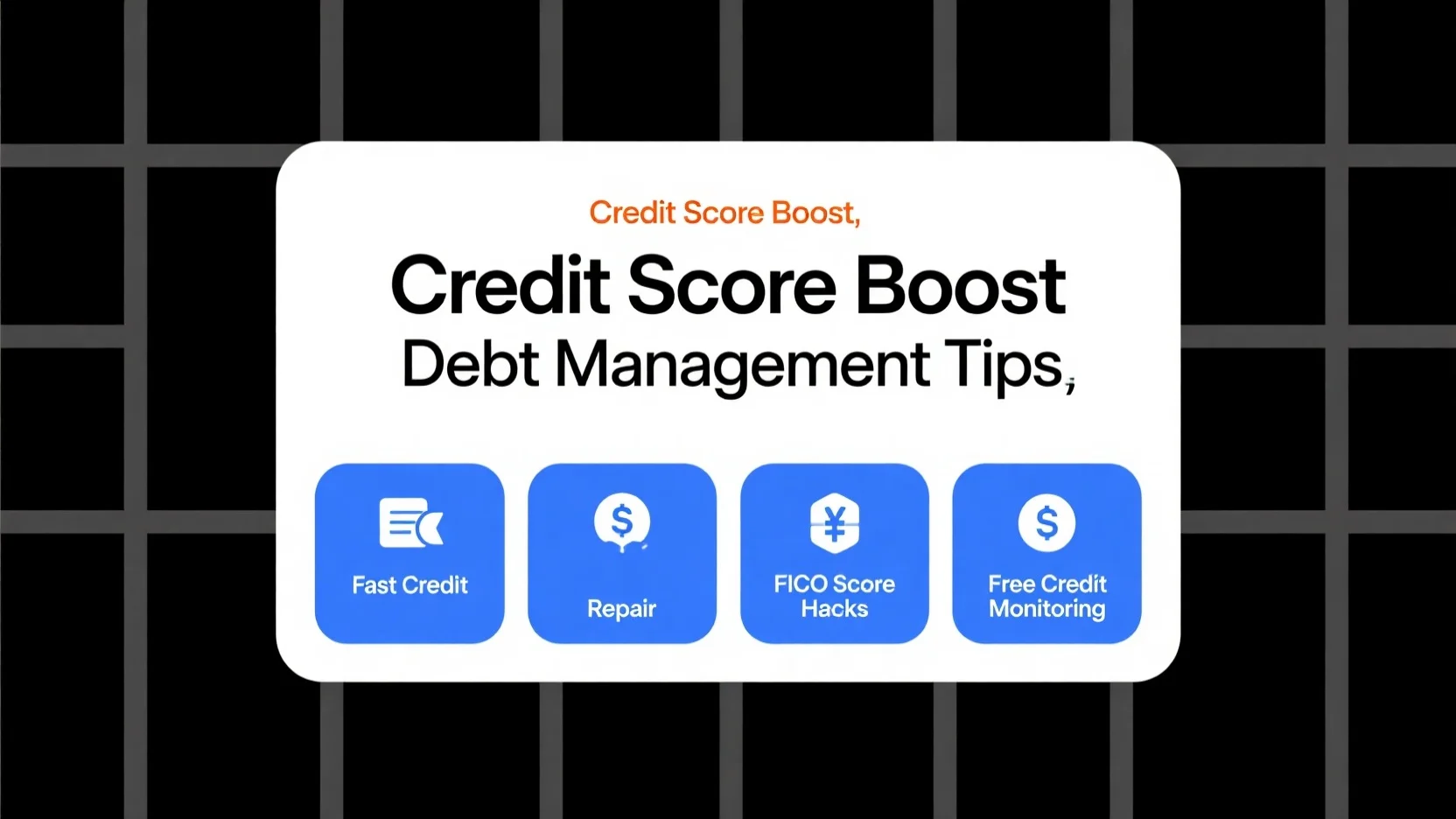Image Source: pexels
Starting a business is fun, but legal papers can be hard. Many startups face problems without the right documents. Confusion happens, fights grow, and trust is lost. That’s where Business Contract Templates: Free Downloads for Startups come in. They provide strong legal support, keep you safe, and make work easier. With editable templates, you can grow your business without stressing over legal stuff.
Key Takeaways
- Business contracts keep your startup safe by explaining roles, jobs, and payments. They stop misunderstandings and help build trust.
- Free business contract templates save time and money. They give a neat format to keep deals clear and legal.
- Check and update your contracts often to fit new needs and laws. This stops problems and helps your business work well.
Why Business Contracts Are Important for Startups
Keeping Your Business Safe
When I started my business, I learned quickly how important it is to protect it. Business contracts work like shields, keeping your startup safe from risks. They explain who is responsible, include warranties, and solve disputes. For example, a confidentiality agreement keeps your ideas private and safe. Contracts also help with money by setting payment rules and late fees. This keeps cash coming in, which is very important for startups.
Contracts also build trust and responsibility. They show you are professional and reliable, which helps you get better deals. I’ve seen how good contracts can make a startup look better and help it grow.
Setting Clear Rules
Clear rules are key to good business relationships. Contracts explain jobs, duties, and what needs to be done. Without them, people can get confused, and problems happen. I’ve heard of startups losing clients because promises weren’t clear. Contracts stop this by setting fair goals and deadlines.

When everyone knows what to do, people feel happier and trust grows. Workers feel less stressed, and clients stay loyal. A clear contract keeps things smooth and organized.
Staying Out of Legal Trouble
Legal problems can waste a startup’s time and money. I’ve seen businesses struggle because they didn’t have proper contracts. For example, a gym owner who made a verbal deal on rent faced sudden price increases. Contracts stop this by agreeing on terms early.
They also help you follow laws and meet industry rules. Getting a lawyer to check your contracts can save you from big mistakes. A strong contract is your best protection against problems.
Common Types of Business Contracts for Startups
Partnership Agreements
When working with others, partnership agreements are very important. These contracts explain who owns what and their responsibilities. They also show how profits and losses are shared. For example, I worked with a partner who wanted clear exit rules. Adding rules for solving problems and ending the partnership helped us avoid fights.
| Key Part | What It Means |
|---|---|
| Ownership and Contributions | Explains how much each partner owns and what they give. |
| Roles and Responsibilities | Lists each partner’s duties, decisions, and daily tasks. |
| Profit and Loss Distribution | Shows how profits and losses are split between partners. |
| Dispute Resolution | Sets steps to solve arguments or disagreements. |
| Exit Clauses | Explains how partners can leave and buyout rules. |
| Dissolution | Describes how to end the partnership and divide assets. |
Non-Disclosure Agreements (NDAs)
NDAs keep private information safe. I’ve used them to protect my ideas and plans. They help build trust with investors and partners by keeping things secret. For example, when I shared my startup idea, an NDA made sure my secrets stayed safe.
- Protect private ideas and plans
- Keep business strategies and secrets safe
- Build trust with partners and investors
- Protect important trade secrets
Employment Contracts
Hiring workers without a contract can cause confusion. Employment contracts explain job roles, duties, and expectations. They also protect ideas and follow labor laws. I’ve seen startups avoid problems by using contracts with clear rules and confidentiality terms.
- Explain job roles and duties
- List terms and conditions
- Add rules for confidentiality and protecting ideas
- Follow labor laws
Service Agreements
Service agreements explain the work between startups and service providers. I’ve used them to set payment rules, deadlines, and privacy terms. These contracts protect both sides and keep things running smoothly. For example, when I hired a marketing team, the agreement listed tasks and deadlines, keeping everything on track.
- List services to be done
- Set payment rules
- Add deadlines and timelines
- Include privacy and non-disclosure rules
- Explain how to end the agreement or solve problems
Sales and Purchase Agreements
Sales and purchase agreements make business deals clear. They explain rights, duties, and payment rules. I’ve used these contracts to reduce risks and get paid on time. For example, when I sold products to a store, the agreement listed payment schedules and rules, protecting my business.
- Give legal protection
- Explain rules and expectations
- Reduce risks and handle responsibilities
- Ensure payments are made on time
Business Contract Templates: Free Downloads for Startups
Template.net: Flexible Templates for Startups
When I first used Template.net, I was impressed. Their templates are easy to change and fit my business perfectly. They include key details like roles, ownership, and investments. They even have rules for ending agreements, which is very helpful. I’ve made professional contracts with their templates, saving time and protecting my business. Changing the design and content gave me confidence in my contracts.
ClickUp: Free Templates for Different Needs
ClickUp has many free templates for various business tasks. I’ve found them useful for managing my startup. Here are some examples:
- Business Contract Template
- Bid Contract Template
- Addendum Template
- Catering Contract Template
- Cleaning Contract Template
- Project Management Contract Template
- Employment Agreement Template
- Lease Agreement Template
- Partnership Agreement Template
- LLC Operating Agreement Template
These templates saved me a lot of time. Whether I needed a lease or partnership contract, ClickUp had it ready.
LegalZoom: Reliable Templates for Startups
LegalZoom has been very helpful for me. Their templates are detailed and trustworthy. They include everything a startup might need. Here’s a quick summary:
| Component | Description |
|---|---|
| Services Provided | Explains what services will be done and any limits. |
| Payment Terms | Lists payment amounts, due dates, and late fee rules. |
| Timeline and Deadlines | Shows start and end dates, plus task deadlines. |
| Confidentiality and Non-Disclosure | Protects private information and trade secrets. |
| Termination and Dispute Resolution | Explains how to end the deal and solve problems. |
I’ve used these templates to make sure my contracts are complete and safe. They’ve helped me avoid mistakes and stay organized.
WOWS Global: Free Templates for Startups
WOWS Global has a great collection of templates. I’ve used their library for NDAs and service agreements. Their templates are simple to use and adjust. They’ve helped me save time and focus on growing my business.
ContractSent: Easy-to-Use Business Templates
ContractSent has been a big help for my startup. Their templates save time and follow legal rules. Here’s why I like them:
- Quick to Use: Pre-made sections make writing contracts fast.
- Legally Safe: Made by experts to reduce legal risks.
- Affordable: Professional contracts without high lawyer fees.
Using ContractSent lets me focus on growing my business without legal worries.
PandaDoc: Founders Agreement Template
PandaDoc’s founders agreement template is very useful. It clearly explains co-founders’ roles and duties. Here’s why it’s great:
- Lists co-founders’ roles and duties
- Prevents arguments by explaining rights and responsibilities
- Includes ownership, voting, and capital details
- Can be notarized for extra security
This template helped me set up my startup with confidence.
Genie AI: Smart Contract Tools
Genie AI has changed how I make contracts. Their tools help me create and check agreements quickly. Here’s what I like most:
- Makes term sheets and shareholder agreements fast
- Cuts legal costs and saves time
- Simplifies contract creation so I can focus on my business
With Genie AI, I’ve made professional contracts while staying legally safe.
How to Customize and Use Business Contract Templates
Adjusting Templates for Your Business
When I began using business contract templates, I saw they needed changes to fit my startup. A single template doesn’t work for everyone. Here’s how I make them work for me:
- Know Your Needs: First, I figure out what my business needs. Whether it’s an NDA or service agreement, knowing the purpose is important.
- Edit the Template: I change the template to suit my situation. For example, I add rules for payments or delivery dates to make things clear.
- Include Special Rules: I add details like privacy rules or how to solve problems for specific business needs.
- Stay Consistent: I use similar templates for related deals to look professional.
- Save Copies: I keep finished contracts organized for future use.
These steps save me time and help me create contracts that match my business perfectly.
Getting Help from a Lawyer
I’ve found that asking a lawyer for help is very smart when editing templates. They make sure my contracts follow laws and protect my business. For example, when I needed a partnership agreement, a lawyer added special rules for my area and clear ways to solve problems. This reduced risks and made me feel secure.
A lawyer also explains what each rule means. This has been very helpful in making strong and fair agreements.
Following Local Laws
Following local laws is a must. I’ve seen startups get fined for skipping this step. Here’s how I make sure my contracts follow the rules:
- Learn Legal Words: I learn basic legal terms for my area.
- Change Templates: I don’t just fill in blanks. I make sure the template has all the right details for my business.
- Check Often: Laws can change, so I review my templates regularly.
- Ask a Lawyer: A lawyer checks my contracts to ensure they follow the latest laws.
By doing these things, I’ve avoided big mistakes and kept my business safe and legal.
Tips for Managing Business Contracts Effectively
Organizing and Storing Contracts
Keeping contracts neat has made my work much easier. A tidy system saves time and lowers stress. Here’s what I do:
- I use online storage to keep contracts safe and easy to find. It removes the need for paper files and lets me access them fast.
- Naming contracts with clear labels helps me find them quickly.
- Approval steps make sure every contract is checked before it’s done.
Online storage has changed how I work. It keeps files secure and lets my team work together easily. By setting user roles, I control who can see or edit contracts, keeping private details safe.
Regularly Reviewing and Updating Agreements
Contracts need regular checks to stay useful. Reviewing them often keeps them up-to-date and helpful. It also shows I care about long-term success with others.
Updating contracts helps me adjust to new needs. For example, I once added new tasks to a service deal, which made my client happier. Checking contracts also helps me follow new laws and avoid problems. Clear terms in updated contracts have stopped many arguments.
Using Digital Tools for Contract Management
Digital tools make handling contracts simple. Here are tools I use:
- A safe online system stores all my contracts in one spot, making them easy to find.
- Automated reminders help me meet deadlines and finish tasks on time.
- E-signatures make signing faster and save money on paper.
These tools make my work smoother. For example, automated templates reduce mistakes by keeping everything in one place. Smart tracking tools help me follow contract progress and stay organized.
Managing contracts doesn’t have to be hard. With good tools and plans, you can stay neat, adjust to changes, and grow your business.
Business contracts have changed how I manage my startup. They keep my business safe and running smoothly. Free templates have been a huge help, saving time and money while giving strong legal support.
Using templates has made me more professional, protected my ideas, and kept me out of legal trouble. This is key for growing my business.
Here’s why I think they’re great:
- They make work easier and reduce mistakes.
- They help follow rules and stay legal.
- They make your business look professional and trustworthy.
Try these templates now. They’ll make your work simpler and help your startup succeed.
FAQ
What are the benefits of using free business contract templates?
Free templates help save both time and money. They give a clear and professional format for agreements. I’ve used them to keep my business safe and avoid expensive legal problems.
Can I trust free templates for legal agreements?
Yes, but I always check them closely. I also ask a lawyer to make sure they fit my business and follow local laws.
How do I choose the right template for my startup?
I think about what my business needs first. Then, I pick a template that matches those needs. Changing it makes sure it works perfectly for me.
💡 Pro Tip: Always check templates carefully before using them. A little extra work now can save big problems later!





